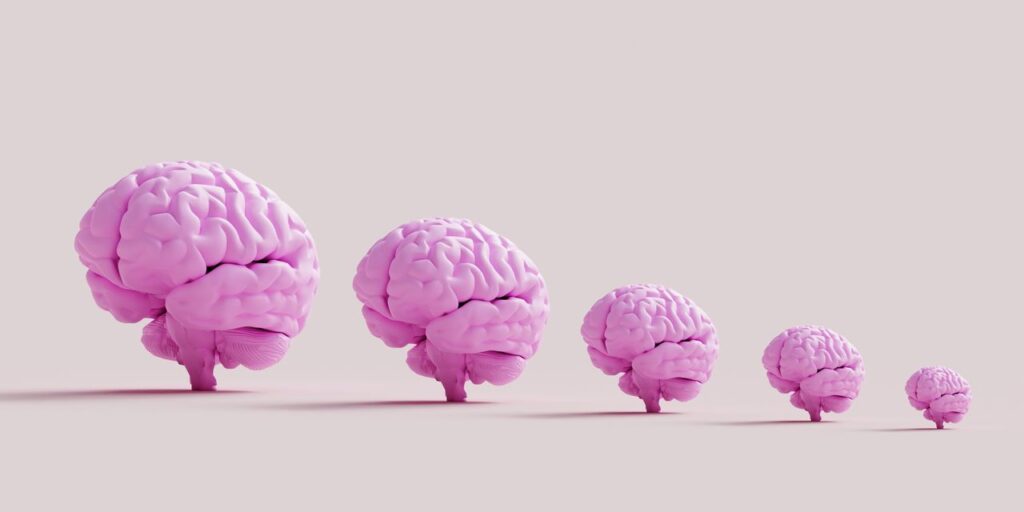If you’ve ever been on a quest to build muscle or hit a new running PR, you already know the importance of exploring uncharted territory—activating your muscles in a new way or sticking with an exercise for a few seconds past the moment when you want to quit. And it turns out, leaving your comfort zone is equally beneficial for your brain.
It’s part of the reason why Lara V. Marcuse, MD, a board-certified neurologist and co-director of the Mount Sinai Epilepsy Program at the Icahn School of Medicine at Mount Sinai, has taken to one specific habit: learning to play the piano. She picked it up by chance about a decade ago, in her mid-40s, when her son began taking lessons and quickly found that it breathed new life into her everyday routine—and her cognition.
Read on to learn about the brain-related perks of Dr. Marcuse’s hobby and how to give your own mind the same supportive dose of novelty.
Why picking up a new skill can enhance your brain health
Taking up a hobby that’s unfamiliar forces your brain to exercise and strengthen rarely used neural pathways and even create new ones. Over time, learning something new may also help thicken myelin, which is the layer of protein coating the neurons in your brain. The plumper that myelin sheath, the more efficiently your brain can transmit and process information—and the sharper you get at the task at hand. Taken together, these shifts may help lower your risk of cognitive decline and stave off dementia.
Playing an instrument, in particular, engages every facet of your brain. If you’ve ever looked at a sheet of music, you know it’s like a different language. You’re working to interpret the music itself while using both your auditory cortex (the hearing part of the brain) and your motor system to produce the right sounds with your hands. It’s no wonder a 2021 review of research on the brain effects of musical training found that learning to play music can enhance connections between certain parts of the brain. It also improves brain plasticity, which refers to ways your brain changes in response to external or internal factors, like a stroke or another traumatic brain injury, and how the brain adapts afterward.
How to make learning a new skill a regular part of your life and reap the brain benefits
1. Pick something that excites you—and make sure it’s challenging.
Your brain-bolstering activity of choice doesn’t have to be music-based, Dr. Marcuse says, as long as you’re interested in whatever you’re doing enough to want to commit to it. You can paint, try tai chi, or learn how to interpret tarot cards.


